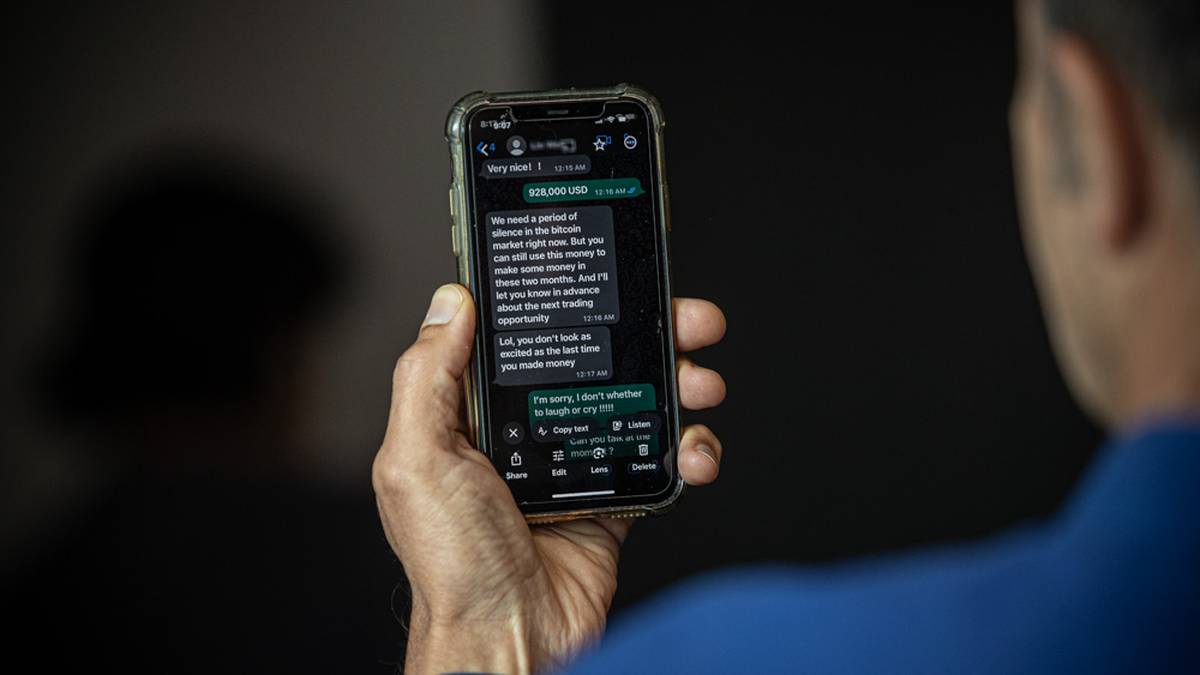- Always take a second to check before parting with your money or personal information
- Trust your instincts – if it feels wrong, it probably is. Urgency is a red flag – scammers try to rush you
- Your bank will never ask you for passwords, log-in details, or two-factor authentication codes, nor will they send you an email or text message asking you to log in
- Your bank will never tell you to move your money to a “safe” account, or ask you to use your money to help catch a scammer
- Think carefully before entering your credit card details online
- Be cautious with unsolicited texts, emails, or calls – don’t give out details that could be used to impersonate you
- Don’t click on links or open attachments from people you don’t know, or seem out of character for someone you do know. Hover over links to reveal the actual site
- Don’t respond to instructions to download unknown software – it could be malware to access your accounts.
- Be careful of deals or investments that sound too good to be true – they probably are. Contact investment firms or businesses via their official New Zealand-based websites, and never via online contacts, emails, links, or phone numbers sent to you directly or from other websites on the internet
- Use strong, unique passwords and PINs for your banking – don’t write them down or record them
- If you think you’ve been scammed report it to your bank immediately
Source: New Zealand Banking Association
- Scambusters is an independent editorial series brought to you with the support of the Banking Association.





 Evacuations due to wildfires in Waitaki, Otago, helicopters called in
Evacuations due to wildfires in Waitaki, Otago, helicopters called in